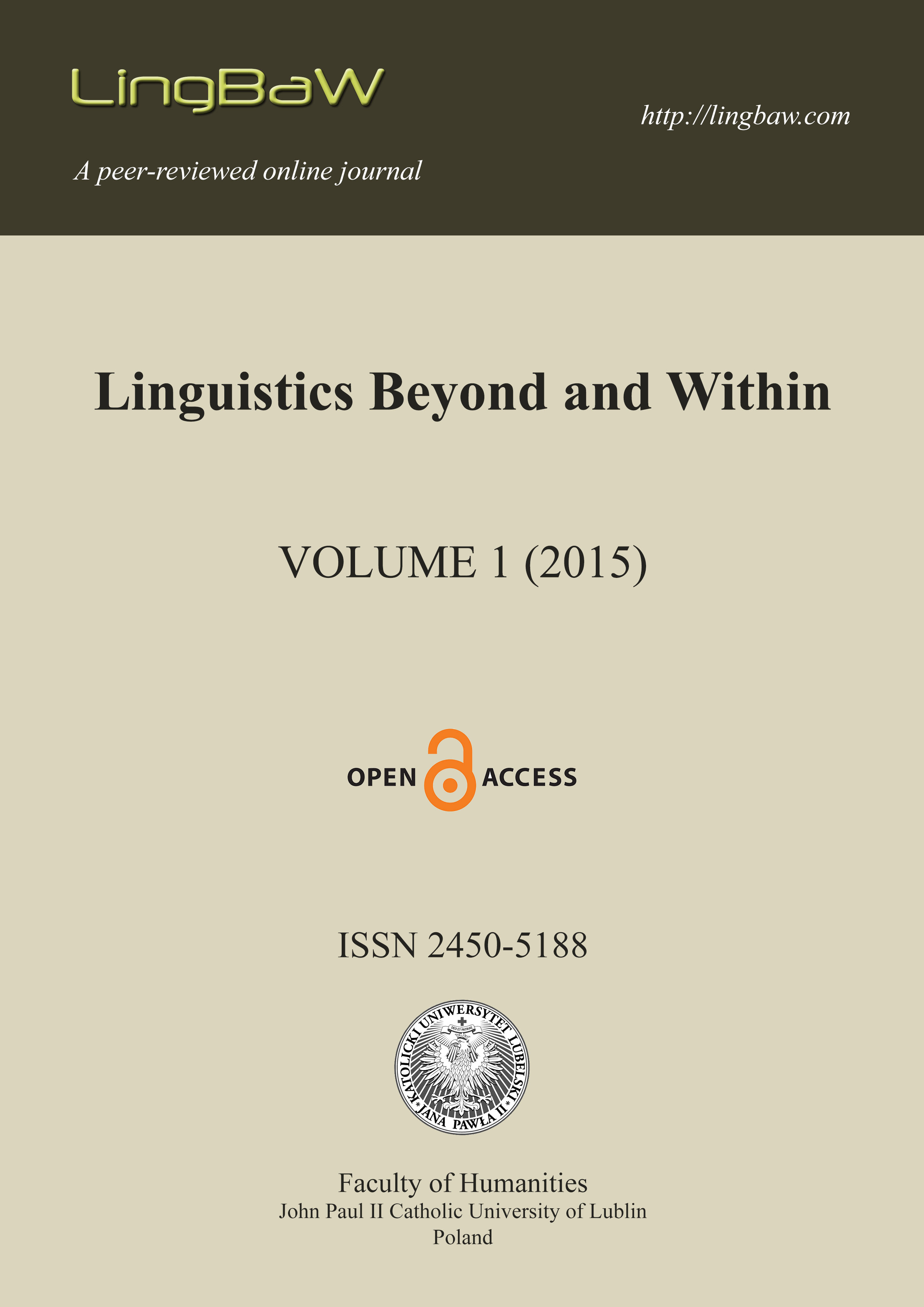When focus goes wild: An empirical study of two syntactic positions for information focus
When focus goes wild: An empirical study of two syntactic positions for information focus
Author(s): Ángel L. Jiménez-FernándezSubject(s): Language and Literature Studies, Theoretical Linguistics, Syntax
Published by: Wydawnictwo KUL
Keywords: Southern Peninsular Spanish; Standard Spanish; information focus; mirative focus; contrastive focus; focus fronting
Summary/Abstract: My goal in the present paper is to carry out an analysis of the syntactic and discourse properties of Information Focus (IF) in Southern Peninsular Spanish (SPS) and Standard Spanish (SS) varieties. Generally, it has been argued that IF tends to occur last in a sentence since new information is placed in final position, following the End-Focus Principle as well as the Nuclear Stress Principle (Zubizarreta 1998). Focus fronting has been hence reserved for those cases in which a clear contrast between two alternatives is established, namely Contrastive Focus (CF) and Mirative Focus (MF) (cf. Cruschina 2012). The starting hypothesis here is that IF can appear as a fronted element in a sentence and that SPS speakers show a higher degree of acceptability and grammaticality towards such constructions, as opposed to SS speakers. This points toward a certain degree of microparametric variation in Spanish syntax (an understudied area), which will be tested by means of a grammaticality judgement task run among both SPS and SS speakers.
Journal: Linguistics Beyond and Within (LingBaW)
- Issue Year: 1/2015
- Issue No: 1
- Page Range: 119-133
- Page Count: 15
- Language: English

